Liverpool competed in the European Cup Winners’ Cup on five separate occasions without the ultimate success prior to its dissolution, and Steven Scragg recounts the Reds’ history in the magical yet random tournament.
Champions of Europe.
Three words that still have the power to provoke a shiver down the spine and a warm glow, on a cold and blustery November day.
Six Stars
Two of those six stars that Liverpool proudly wear have been collected during the Champions League era, an era in which we have reached a further two finals. Not bad for a team that hasn’t won their domestic league title for almost 30 years.
In contemporary English football, membership to the ‘top six club’ generally means you are guaranteed to be herded into either the Champions League or the Europa League.
It wasn’t always so formulaic, however.
Prior to 1997/98, you had to win your domestic league title to take part in Europe’s premier event and those finishing in the next three or four positions would find themselves in the UEFA Cup.
But there was another European club competition in operation between 1960 and 1999, a competition whose nature was entirely more random.
The European Cup Winners’ Cup
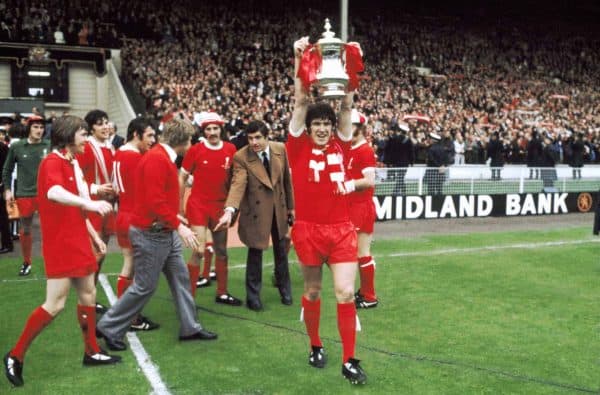
The European Cup Winners’ Cup was a competition that danced to its own tune. Entry was gained from winning your domestic cup competition, meaning it wasn’t dictated by league consistency.
Domestic cups wouldn’t always be won by the biggest and the best teams, and clubs that lifted themselves to once in a generation superhuman domestic cup winning feats could find themselves flung into unexpected European battle, while occupying relatively lowly positions in league terms.
Yes, the big teams still often walked away with the FA Cup in May but, on what was a much more level playing field, every team in the top two divisions harboured the far from outlandish dreams of it being their year to lift the cup when the third round kicked off on frozen pitches in January.
For instance, Sunderland, Southampton and West Ham United all won the FA Cup from the second tier of English football between 1973 and 1981, gaining with it their entry to the following year’s Cup Winners’ Cup.
While via the Welsh Cup, Wrexham and Cardiff City became regular participants despite languishing down the English divisions.
As part of this, in 1980/81, Newport County, powered by the goals of John Aldridge, made it all the way to the very brink of the Cup Winners’ Cup semi-finals, while simultaneously battling against potential relegation to the Fourth Division.
The Cup Winners’ Cup was as random as European football could possibly get and it was hypnotic.
It was also a tournament that was blessed by the achievements and glories of the fantastically mysterious and skilful teams to emerge from behind the Iron Curtain.
Liverpool’s Labours

Because of their traditionally uneasy relationship with the FA Cup until the mid-1980s, Liverpool were only sporadic visitors to the Cup Winners’ Cup and their endeavours in the tournament were ultimately unrewarded.
Along with the Inter-Cities Fairs Cup – the predecessor to the UEFA Cup – it proved to be the one that got away when it came to European club competitions, and our best shot at the Cup Winners’ Cup would end up being our first shot.
Born for European football, Liverpool’s debut continental campaign had seen Bill Shankly take the club to a controversial European Cup semi-final defeat, in 1965 against Inter Milan. Experiences stored, a season later he would take Liverpool to their very first major European final.
While the Cup Winners’ Cup could offer sedate routes to a European final some years, it certainly wasn’t the case for Liverpool in 1965/66, seeing off the mighty Juventus, a talented Standard Liège, the great European pioneers of Honvéd, plus Jock Stein’s immortal 1960s Celtic side to reach the Glasgow showpiece.
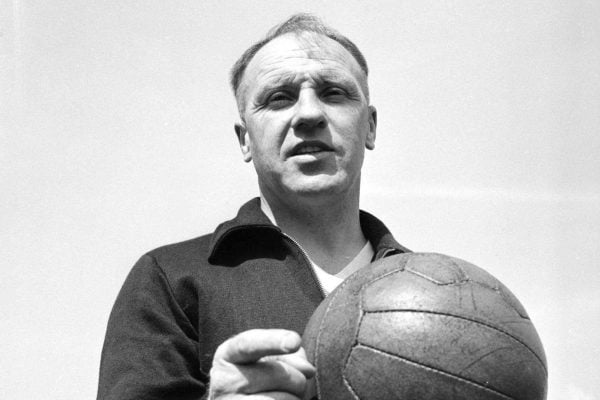
Geoff Strong was the hero of the run, scoring a stunning winner against Juventus and playing through the pain barrier against Celtic in the semi-final, limping when rising to head the winning goal on an iconic night when Shankly’s response to Stein’s apology for the ocean of beer bottles strewn across the Anfield Road end by the visiting supporters was to say it was OK, because he’d take the bottles back and claim the return money from them.
Strong’s injury was bad enough to rule him out of the final, and on a day of torrential rain luck deserted Liverpool as Borussia Dortmund lifted the trophy at Hampden Park after a bizarre winning goal from Reinhard Libuda in extra time, which would have been classed as a Ron Yeats own goal by today’s standards.
Frustrations
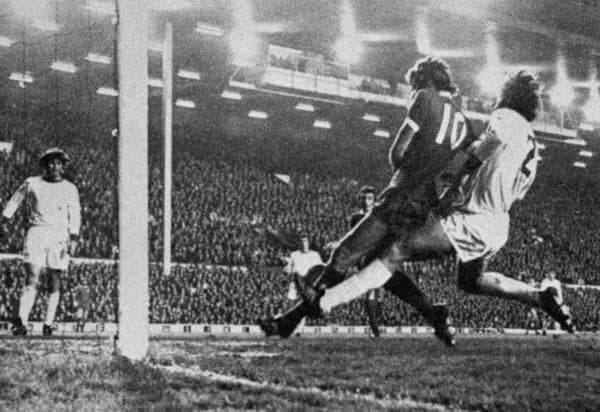
Liverpool were made to wait another seven years before they managed to collect their first piece of European silverware.
As a sign of their increasing stranglehold on the league title, only twice in the 1970s did Liverpool compete in the Cup Winners’ Cup and not at all in the 1980s.
Qualifying in 1971/72 as beaten FA Cup finalists, with double winners Arsenal instead going into the European Cup, Liverpool went out in the second round to the Bayern Munich of Franz Beckenbauer and Gerd Müller, in what was a revenge mission for the West German side after Liverpool had dismantled them in the previous season’s Fairs Cup.
Three years later Liverpool went out at the same stage, but not before running up their record winning margin in the first round with an incredulous 11-0 victory over Strømsgodset. The Norwegian side restricted Bob Paisley’s team to only a 1-0 scoreline in the return game.
Liverpool fell at the next hurdle to Ferencváros, on away goals, the second of two successive European exits against Eastern Bloc teams who insisted on playing the ball out of their defences, a practice that Liverpool were within the process of adopting to such a dominating effect in the European Cup over the following seasons.
Over the course of the next nine campaigns, Liverpool would win five major European trophies.
Post Heysel
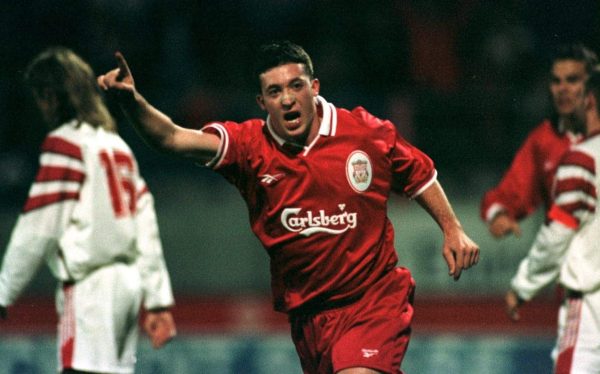
It wasn’t until Liverpool returned to European football after the Heysel ban that the club reacquainted itself with the Cup Winners’ Cup. In 1992/93, they again went out in the second round, this time to Spartak Moscow in self-inflicted fashion.
In Moscow during the first leg, Graeme Souness’ side twice levelled the scoreline and with two away goals in the bag they should have been confidently casting an eye at the quarter-finals. However, when Bruce Grobbelaar was sent off with both substitutions already made, it meant David Burrows took over the gloves where he was powerless to stop Spartak scoring twice more.
Instead of the hoped-for Anfield comeback, as had happened against Auxerre in the UEFA Cup 12 months earlier, Spartak absorbed the pressure and hit two second-half goals on the break.
It was in 1996/97 that Liverpool made their last bid for Cup Winners’ Cup glory.
In a season of “what if” scenarios, Liverpool lost out in the semi-finals to Paris Saint-Germain after almost completing a gravity-defying comeback.
Having capitulated to a 3-0 defeat at the Parc des Princes in the first leg, back at Anfield amidst a grossly under-celebrated atmosphere, Liverpool clawed their way back to 2-0 with just over ten minutes still to play.
It proved to be a bridge too far against the holders, however, the difference between going on to face Bobby Robson’s Barcelona in the Rotterdam final and not being the lack of discipline Roy Evans’ side had shown in the final minutes in Paris.
And with that, Liverpool’s last chance to lift the Cup Winners’ Cup was gone.
An eventful run to the semi-finals, Robbie Fowler had been the omnipresent figure throughout: scorer of an outrageous goal in Switzerland against Sion, fined by UEFA for brandishing a t-shirt in support of sacked dockers in the quarter-final against Brann Bergen and he was the tournament’s top scorer in 1996/97, even outscoring Barcelona’s Ronaldo.
A Liverpool vs. Barcelona 1997 Cup Winners’ Cup final remains one of European football’s greatest lost finals.
- A tournament of magical football and beautifully random occurrences and I’ve written a book on the wider span of the European Cup Winners’ Cup, you can order a copy for yourself, or as a Christmas present for a loved one right here.
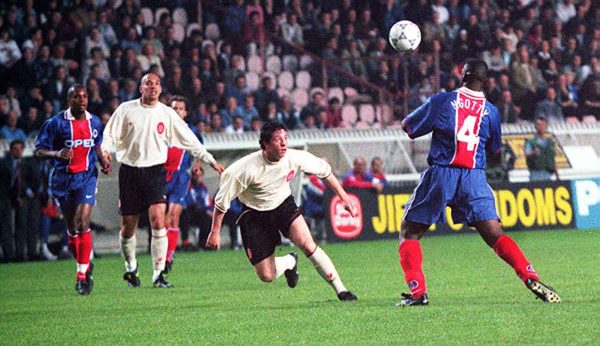

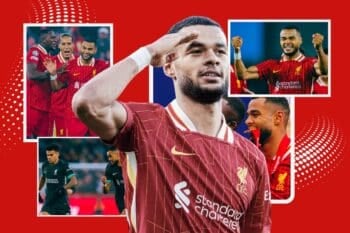
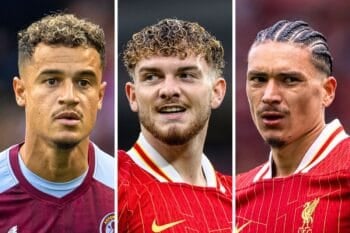
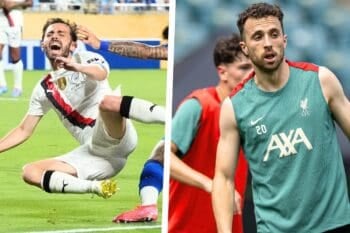
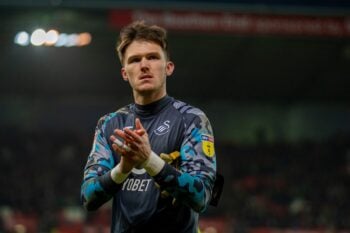
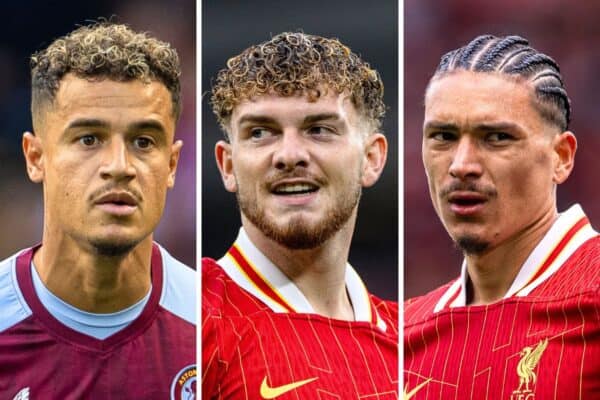
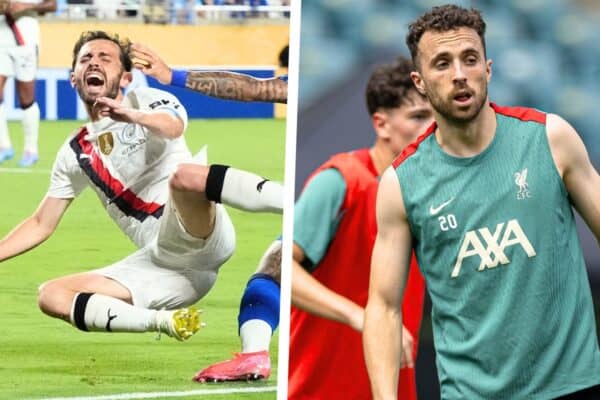
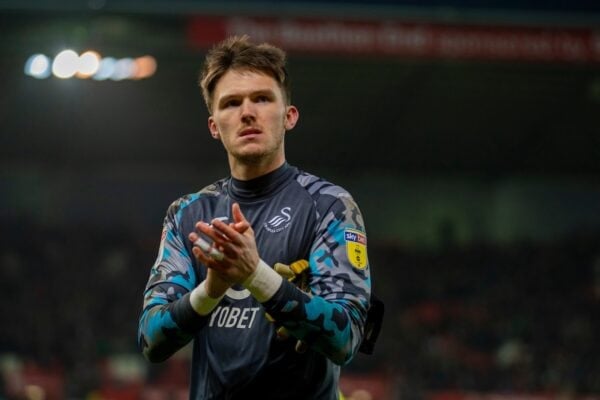

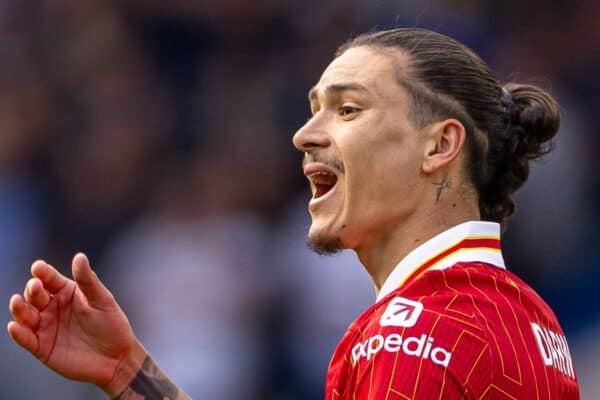
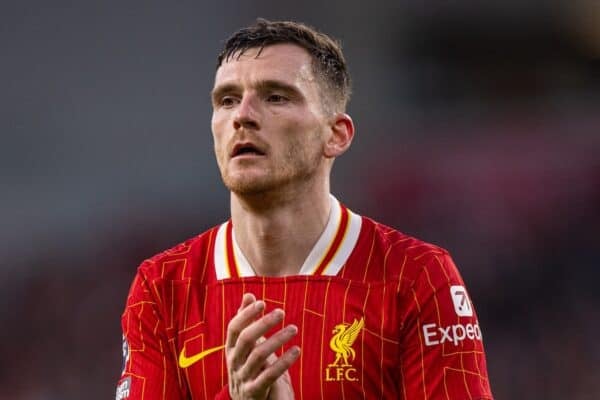
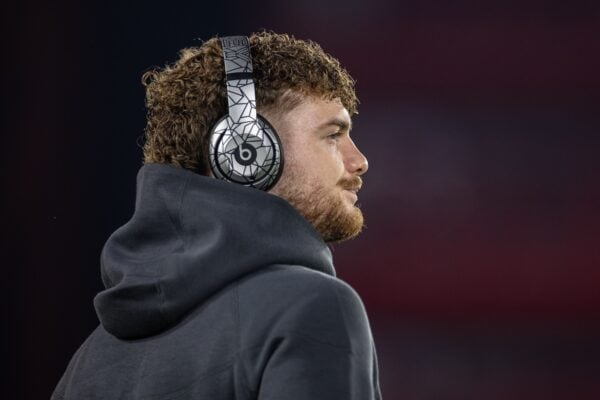
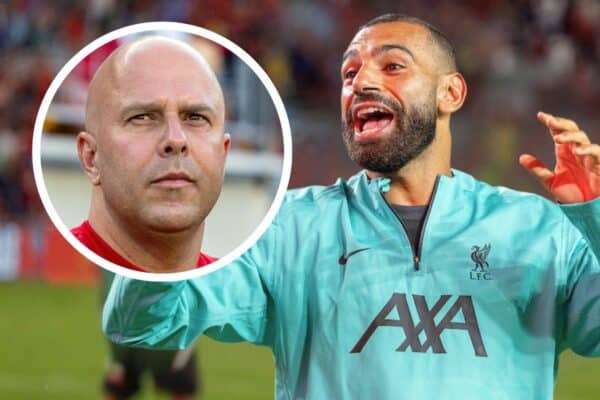


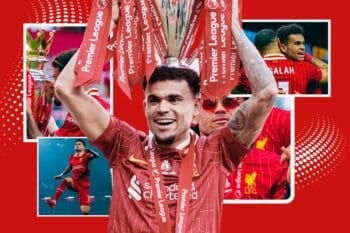
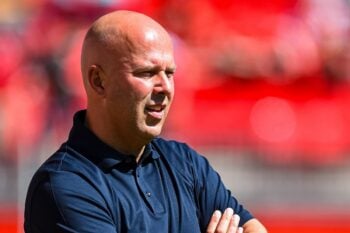
Fan Comments